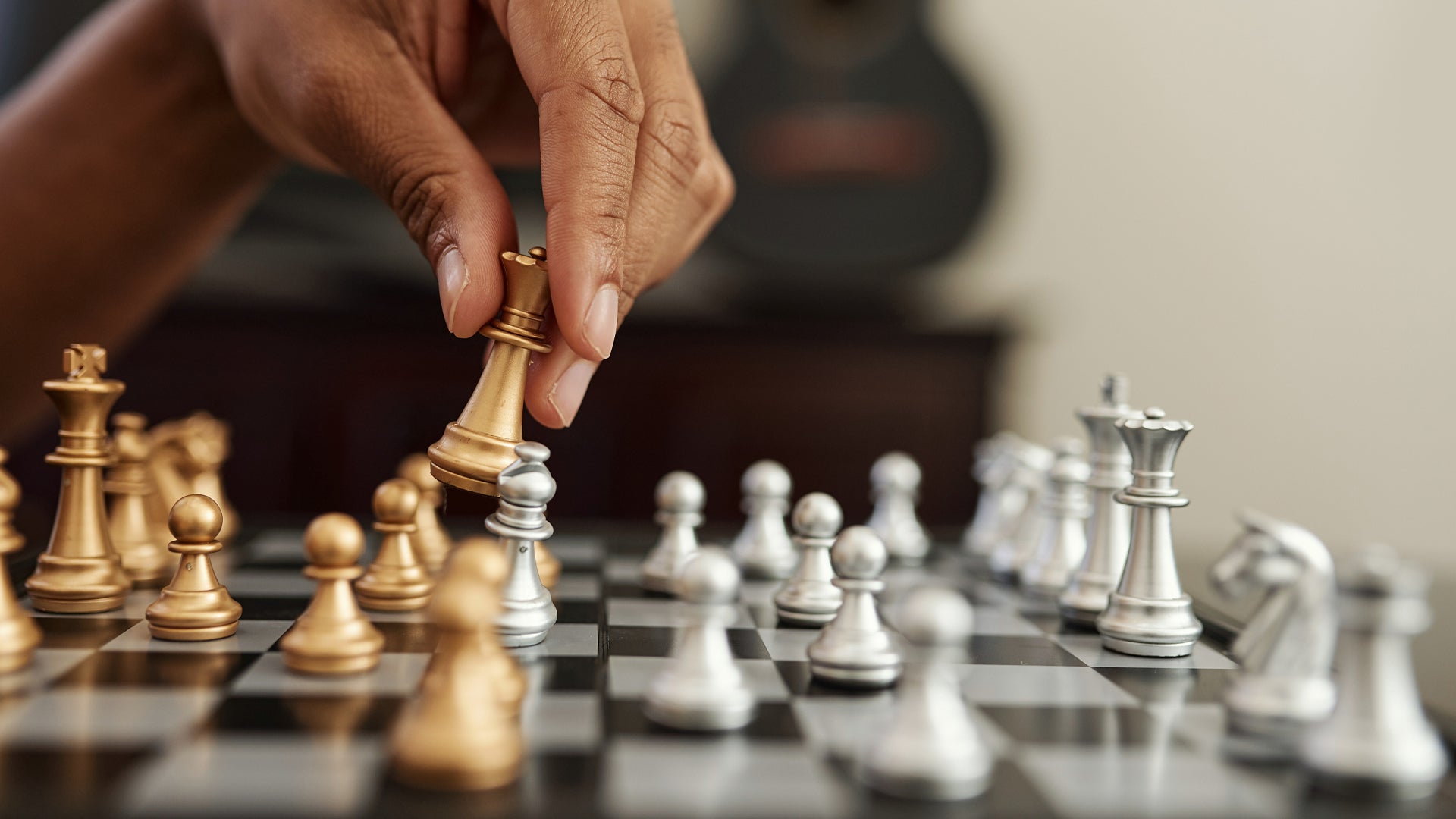
1.Opening Repertoire
The improvement of the opening repertoire of a player is done by looking at the latest developments in the openings the player employs. Then these developments are compared to the player’s own analysis and improvements are sought, either by the engine or by a partner.
During group preparations, it is much easier for one person to look at the engine and the other one to look at the board and come up with human ideas. Since everybody is using more or less the same engines, the human factor comes to the fore now. The more original and unexpected the human idea, the better. It must, of course, stand up to the scrutiny of the engine, but even if it gives a mere +0.05 (as opposed to the engine’s +0.35) it can be very valuable in a practical game.
I myself know how difficult it is to do this type of work alone. The hypnotic effect of the screen with the constant move-producing engine is difficult to overcome, so pretty much all players when working alone are engine-dependent. It is only when another human is present that the quality of preparation takes a substantial leap.
This is why the group preparations before an Olympiad are so important, as the ideas found during these hours will have a significantly bigger impact than the usual “first-line” innovations provided by the engine that any professional player can anticipate.
2.Solving Studies
Improving the players’ form before the tournament consists of two parts: solving studies or exercises to improve the player’s calculation and playing out endgames, whether technical or practical, in order to sharpen the player’s endgame technique. (Another useful thing people do is to revise the basic theoretical endgames before an important tournament, but this is generally done alone as there is no need for help.)
3.Calculation
The work on calculation is done during the last training camp before the event, which should last for at least a week and finish 3-4 days before the team leaves for the tournament. In this way, the brain is still conditioned to calculate well, but at the same time, it has had the time to rest after the hard work.
Timing is very important and while individual, generally resting for some 3-5 days before a tournament is considered optimal.
4.Practical Endgames
Playing out practical endgames is a very good training tool. It is very convenient because one player can train realization of an advantage while the other can train defense of difficult positions, both at the same time! Then the roles can be reversed.
Since playing out a position requires serious mental work, it can also be used to improve the players’ calculation and practice habits.
5.Psychological Preparation
The psychological preparation requires a special mention.
First and foremost the interests of the team are of primary concern so usually the mantra “draw is a good result” is a common one. In team matches, the draw is almost always good because chances will appear so there is no need to risk without a clear purpose.
I remember watching the Russian team at the European Team Championship in Plovdiv in 2003 – as soon as one player obtained an advantage, the other 3 players quickly sought to draw their games and leave the one with an advantage to push. Needless to say, they won most of their matches 2.5-1.5 and became European champions.
The “draw is good” concept has another positive aspect. It removes the pressure from the players. Nobody “needs” to play for a win. Everybody plays normally and then the chances are taken where they appear.
Here the competence of the players comes to the fore as they are able to discern the positions on the other boards and make their decisions accordingly. The same goes for the captain, who must have a high level in order to follow the match and react to possible draw offers.
6.Team Spirit
Group preparations create the team spirit because the players spend time together and this makes the bond between them stronger. If in the past it was possible to have a team with players not talking to each other, like the USSR team, and still win everything because they were so much stronger than the rest, nowadays this is no longer possible. In the world there are at least 5-6 teams of more or less equal strength and final victory is often determined by details.
Today the teams need that invisible link between the players that make the team more than the sum of its parts. This is fostered by having a good atmosphere where the players feel supported by the other members and valued as part of the team.
On an individual scale, the coach (or captain) should be very astute in approaching every player in a manner it would bring the best out of him or her.
For example, I have seen players who need encouragement and gentle approach and also players who need a figurative “kick in the butt.” This is all very personal and the coach (or captain) must possess this skill to successfully navigate the situations and manage the players during such a long and taxing tournament as the Olympiad.
Preparation for a tournament is of extreme importance, whether that tournament is an individual or a team one. It is a very complex process and it requires careful planning. But as the saying goes, if you fail to prepare, prepare to fail.
Good luck!